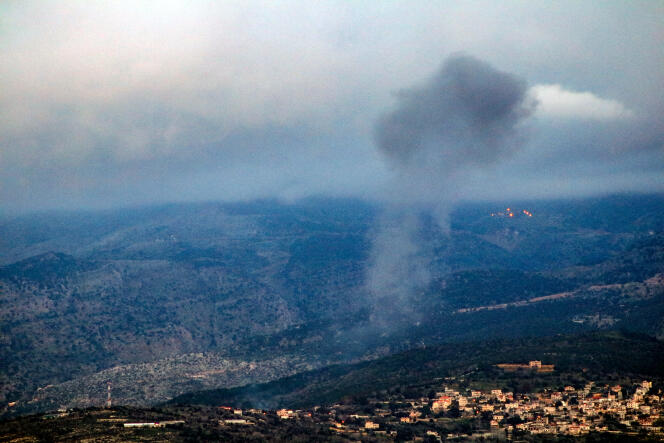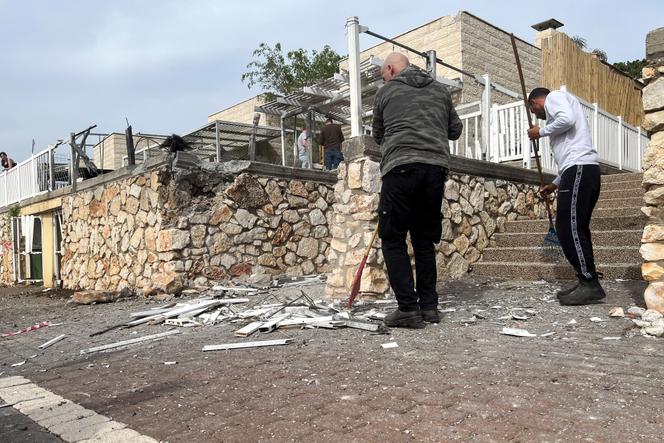


Israel has stepped up its campaign of strikes against Hezbollah in Lebanon and Syria, rekindling fears of escalation with the Lebanese Shiite movement in an echo of the war pitting the Israeli state against Hamas in the Gaza Strip. On Friday, March 29, a commander from Hezbollah's rocket and missile unit was killed in an Israeli strike in southern Lebanon, near the coastal city of Tyre. Party of God fighters were also killed. Dozens of Syrian soldiers were killed in strikes in the Aleppo province in northwest Syria, the deadliest attack in that country since October 7, 2023.
According to the Syrian Observatory for Human Rights (OSDH), at least 36 Syrian soldiers, seven Hezbollah fighters and a Syrian member of an Iranian-linked group were killed in the strikes in Aleppo on Friday. The strikes targeted Hezbollah missile depots in the suburb of Jibrin, near Aleppo International Airport, as well as the nearby town of As-Safira, where the Syrian Ministry of Defense units controlled by pro-Iranian groups are located, the London-based NGO said. A Syrian military source, quoted by the official Sana agency, confirmed "several deaths and injuries among civilians and soldiers" in Friday's strikes.
Russia, which has been intervening militarily in Syria since 2015 in support of President Bashar al-Assad, denounced through Foreign Ministry spokesperson Maria Zakharova the "categorically unacceptable" strikes, warning of potentially "dangerous" consequences for the region.
Without claiming responsibility for the strikes, Israeli Defense Minister Yoav Gallant announced that the Israeli army would "expand the campaign [against Hezbollah] and increase the number of its attacks in the North." "Israel is turning from defending to pursuing Hezbollah, we will reach wherever the organization operates, in Beirut, Damascus and in more distant places," the Israeli official said on Friday. In March, the Israeli army announced that it had hit "around 4,500 Hezbollah targets" in Lebanon and Syria, including "more than 1,200" by air strikes, since the start of the war in Gaza.

Israel typically refuses to comment on the operations it has been carrying out in Syria since the start of the civil war in 2011, to prevent arms transfers from Iran to Hezbollah and other groups allied to it, which have been deployed in support of forces loyal to President Al-Assad against the Syrian rebellion. Israel has stepped up its strikes since the start of the Gaza war, targeting factions carrying out attacks from southern Syria against the occupied Golan Heights, as well as cadres of the Iranian Revolutionary Guards and Hezbollah and their strategic installations across the country. Strikes also disabled the Damascus and Aleppo airports, through which, according to Israel, Iran is transporting weapons.
You have 38.19% of this article left to read. The rest is for subscribers only.
